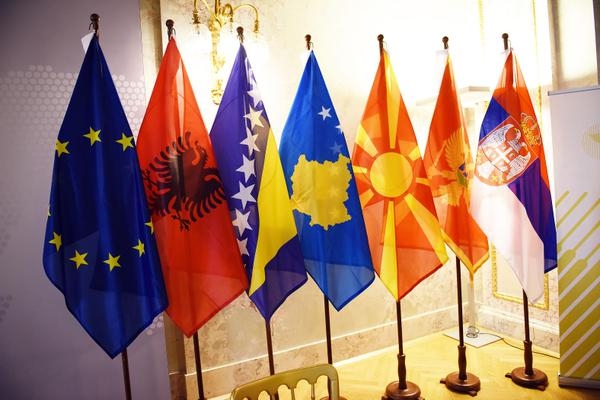The ESI think tank is putting more flesh on the bones of its “Norway in the Balkans” proposal, which is supposed to be the participation trophy after France vetoed the enlargement of the European Union.
According to ESI chief Gerald Knaus, France has delivered a coup de grâce to the enlargement process with all its defects, which led to more advanced countries, such as Macedonia, falling behind countries like Serbia.
Macron’s circle must be squared. It is clear today that the consensus that further enlargement is inevitable has broken down. It is also clear that excluding future enlargement and walking away from a promise made by countless European Councils would be hugely divisive. Many EU members care a lot about Balkan stability. If Macron wants a strong, cohesive EU, then France must find a way to bridge this gap. What is needed is a process that does not replace accession and yet is different; a process that promises EU influence and is also attractive and credible to Balkan publics and leaders; a process that promises benefits, not in the distant future but from the very beginning. Such a process is possible. It is not a utopia, not an untested idea, but something that exists already and can be adapted, Knaus writes.
This proposal, according to Knaus, can be compared to Norway and its membership in the European Economic Area (EEA). This would include aligning with EU regulation, a level of financial contribution to the EU, and can serve as preparation for actual EU accession – without any promises being made.
Macedonia would join Albania, Bosnia, Montenegro, Serbia and Kosovo in this zone.
This would require credible rule of law reforms to work. Countries that violate fundamental human rights or threaten their neighbors could be excluded or suspended – the reversibility Macron has called for. And it could be launched at the Zagreb summit in May 2020 with all six countries under the Croatian EU presidency. The demise of the current accession policy is a threat to EU influence, in a critical region, at a critical moment of global uncertainty. It was profoundly unfair to the government in Skopje. But it can be a chance for something more credible, fair and transformative, Knaus adds in a proposal which was launched by him even before the European Council was held and Macedonia and Albania were rejected.
Macedonian political leaders last week unanimously declared themselves against any alternative proposals that would fall short of full EU membership. Knaus’ proposal was opposed by members of the team of the outgoing Enlargement Commissioner Johannes Hahn. Hans’ assistant Annemarie Huber tweeted at Knaus to stop this “polemic” and assured Balkan countries that they still have a perspective of full EU membership.




Comments are closed for this post.